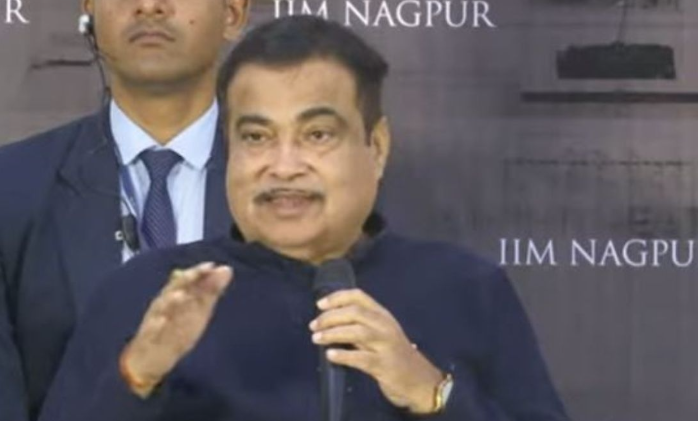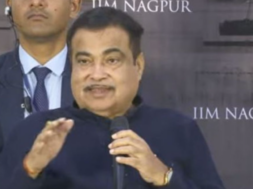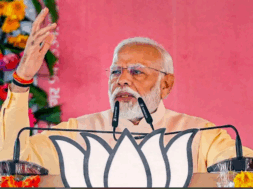
Transport: Introducing driverless cars in India? Never, says Gadkari
Virendra Pandit
New Delhi: Union Minister for Road Transport and Highways Nitin Gadkari has ruled out the introduction of driverless cars in India as it could throw a lot of drivers out of jobs, while he welcomed Tesla if it starts manufacturing electric cars in the country.
Reiterating his strong opposition to the introduction of driverless cars—he voiced concerns in July 2017 and December 2019 as well—he said the move could lead to unemployment for many drivers. “Such vehicles are appropriate for countries with small populations.”
Speaking at an event in Nagpur, Gadkari also said Tesla is welcome if it starts manufacturing electric cars in India, rather than selling China-made cars in this country.
The event, Zero Mile Samvad, hosted by IIM-Nagpur, is a leadership conclave that aims to bring the best of the world to Nagpur and take the best of Nagpur to the rest of the world.
If driverless cars are introduced, nearly 80 lakh drivers might lose their jobs across India, the media reported on Tuesday.
The minister’s comments came when self-driving technology was gaining popularity globally.
“I will never allow driverless vehicles in India. Many people working as drivers will lose their jobs,” Gadkari was quoted as saying in another report.
Self-driving cars, or autonomous cars, come with technology that enables vehicles to navigate without a human driver, using sensors, cameras, radars, software, and artificial intelligence (AI).
Global automakers, technology companies, and startups–including Tesla, Volkswagen, General Motors, Apple, Google, Uber, and Mobileye– are betting big on autonomous vehicle technology which is in a nascent stage.
The US-based Society of Automotive Engineers (SAE) classified autonomous driving into six levels, ranging from Level 0 (without automation) to Level 5 (full automation), which enables driving without a driver.
In India, autonomous driving technology could face significant challenges, unlike other developed nations, because of relatively poor road infrastructure, lack of standardized signage and lane markings, and poor driver behavior.
Some automakers in India, including Hyundai, M&M, Honda, MG, and BYD, offer autonomous driver assistance systems (ADAS), which are considered Level 1-2 autonomy. It offers features like automatic emergency braking, lane departure, and adaptive cruise control.
The global automaking companies pushing for driverless cars have been touting the technology’s capability to reduce road accidents, traffic congestion, and the cost of driving.
India reported 461,312 road accidents in 2022, claiming 168,491 lives.
Expressing concerns about the rise in the number of accidents, Gadkari earlier said the government is targeting to halve the number of road accidents by 2030. He outlined measures taken by the government to minimize road accidents.
He also emphasized changes in automobile engineering, such as incorporating six airbags in cars, reducing black spots on roads, and increasing fines.














